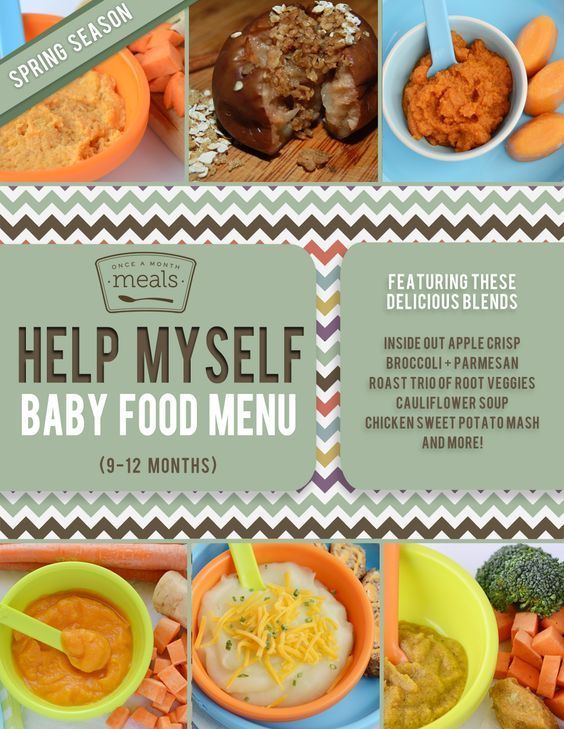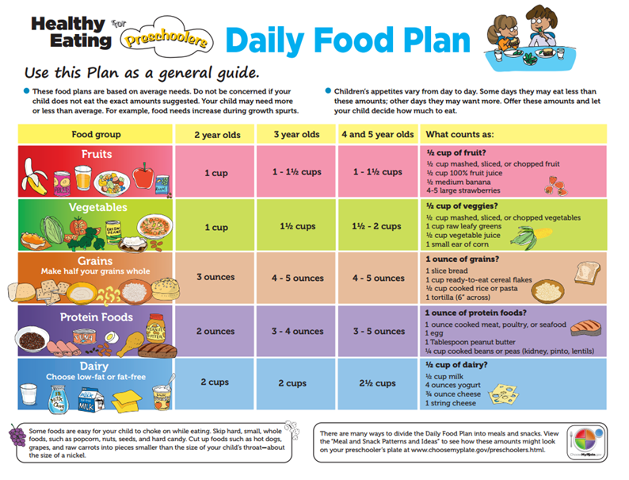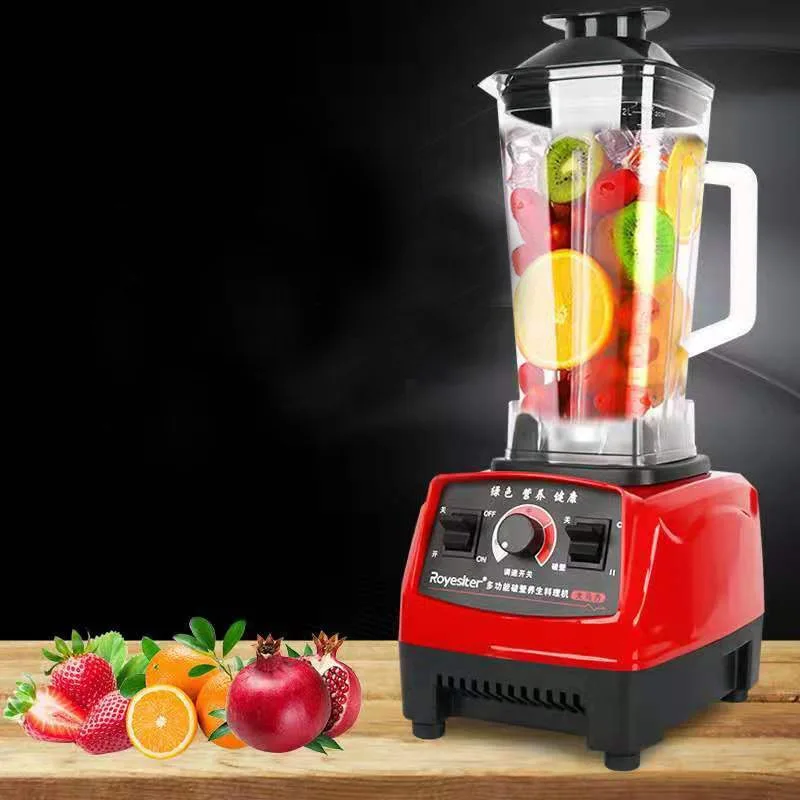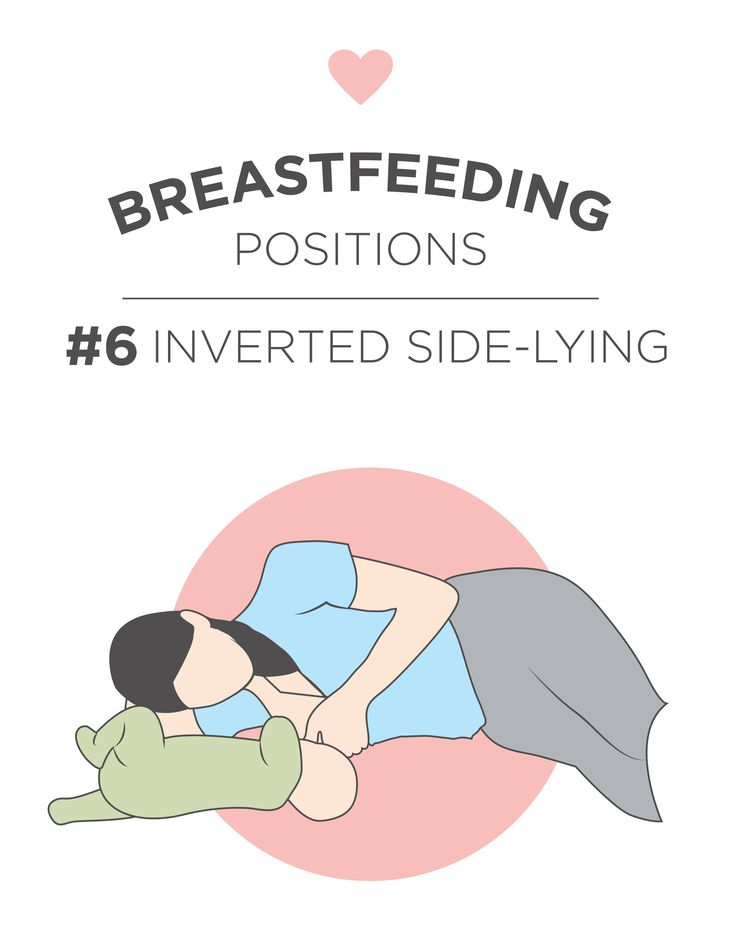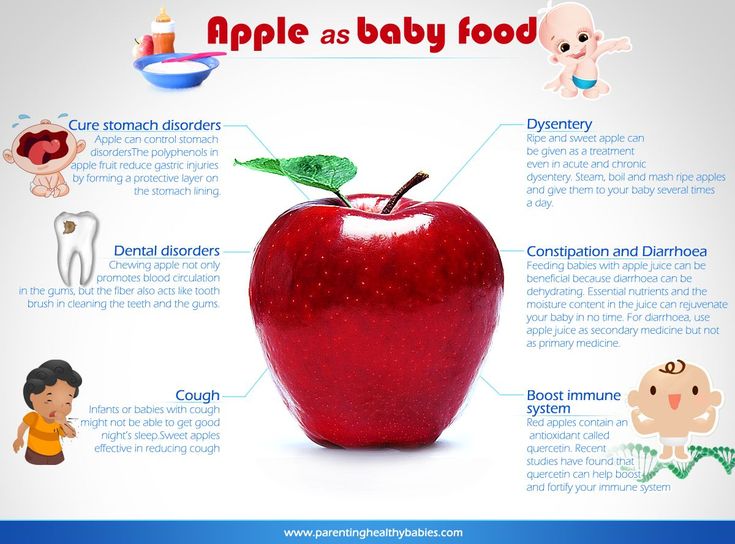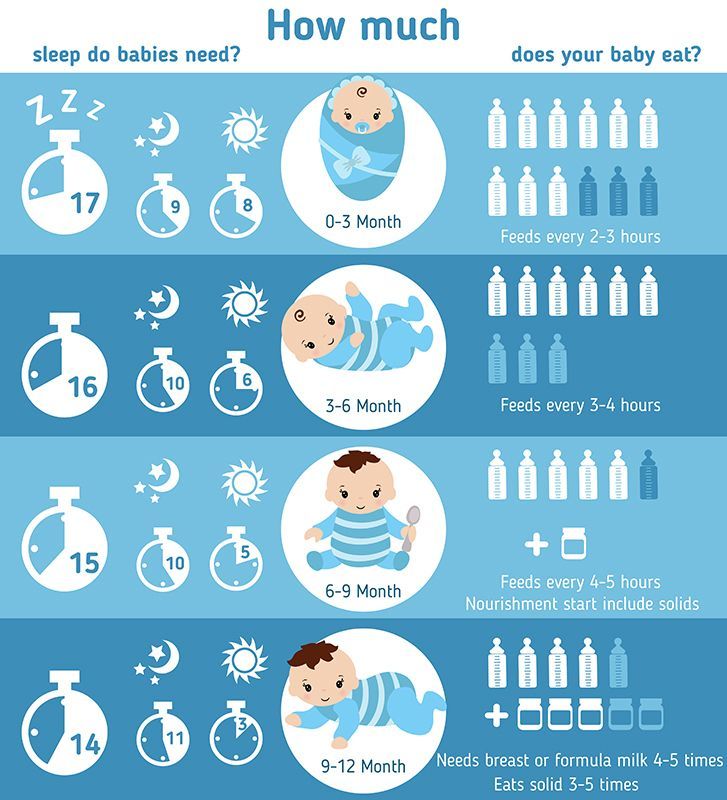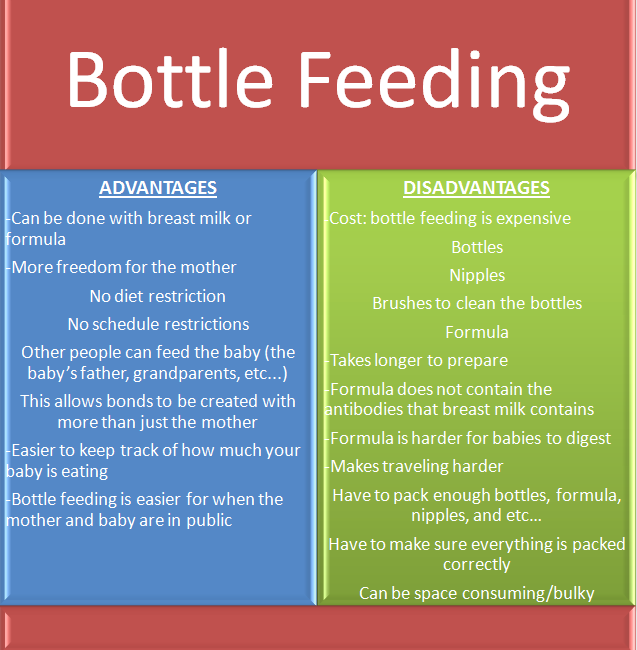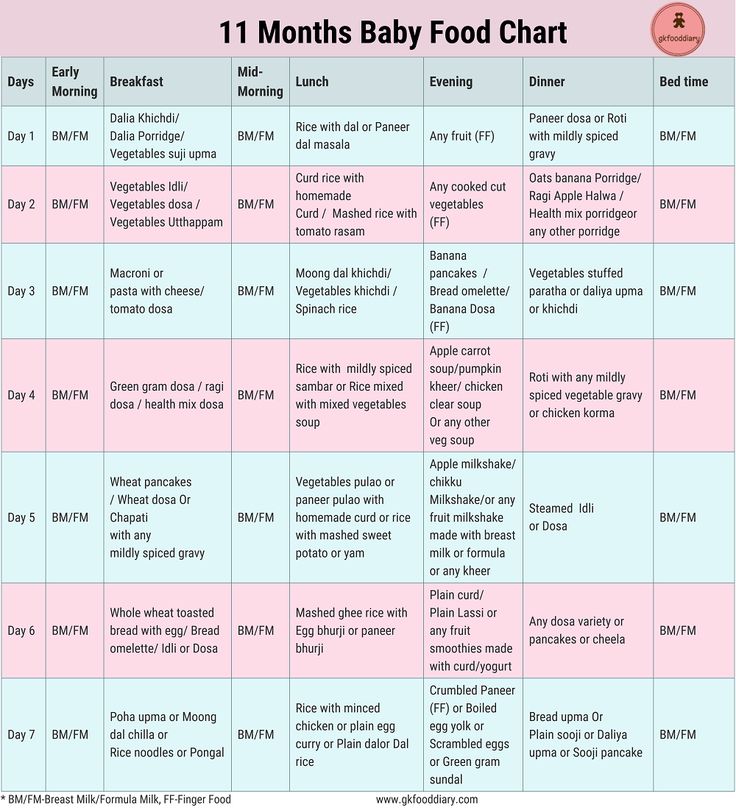Coconut oil for babies food
3 natural baby food recipes using coconut oil – The Skinny
In one of our recent blogs, we discussed the importance of incorporating good fats into your diet. But, did you know that this is just as important for babies as it is adults? We’ll explain why and offer suggestions on how to get more good fat into their diets.
Good fat is essential for growing babies. It helps with cell repair, provides energy, helps them feel full, and is important for brain development and organ an bone growth. To ensure that children get enough fat to help them develop and grow healthily, approximately 40 to 50 percent of calories in their diet should come from fat, until they stop growing. That means babies need about six tablespoons of healthy fat every day, most of which comes from breast milk or milk. (We’ve got you covered on that topic here, moms.) If you aren’t sure if your baby is getting enough good fat, though, you can add additional teaspoon to their daily intake to ensure guidelines are met.
One of the easiest ways to add good fat to your baby’s diet is by giving him or her coconut oil. You’ll probably have the best luck doing so by adding it to baby food or purees. You can easily do so with store-bought baby food, or you can make your own healthy baby food and snacks to supplement your baby’s diet.
Below, find three recipes that prove just how easy it is to make your own natural baby food with coconut oil. (Some of the recipes even call for freezing, and frozen bites are great to give your baby as he or she starts teething and needs relief!)
Coconut applesauce bites
Recipe found on The Balanced Life.
Ingredients
1 cup organic, unsweetened applesauce (any flavor)
1 tablespoon coconut oil, melted
Directions
- Combine applesauce and melted coconut oil in a bowl and mix well.
- Line a cookie sheet with parchment paper and drop bite-size drops of your coconut applesauce mixture onto the cookie sheet.
- Place the cookie sheet in the freezer until the bites solidify.
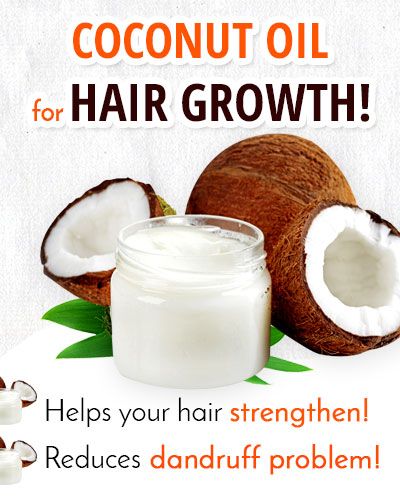
- Given a few frozen bites to your baby as a snack.
- Store the bites in the freezer in an airtight, freezer-safe container or bag.
Fruit or vegetable puree
Recipe found on Deliciously Organic and adapted.
Ingredients
6-7 cups of your desired fruit or vegetable, cut into 1-inch pieces as needed
2 tablespoons coconut oil, melted
2-4 tablespoons unsweetened coconut milk, mother's breast milk, or organic formula
Directions
- Melt the coconut oil in a large saucepan over medium-low heat. Swirl the pan to coat it with the melted coconut oil and add your chosen fruits or vegetables. Cook the mixture, stirring occasionally until the fruits or vegetables are very soft (about 10 minutes).
- Pour the fruits or vegetables into a blender and add 2 tablespoons of the milk of your choice. Puree the mixture until it’s smooth. (You may need to add another 1-2 tablespoons until the puree reaches your desired consistency).
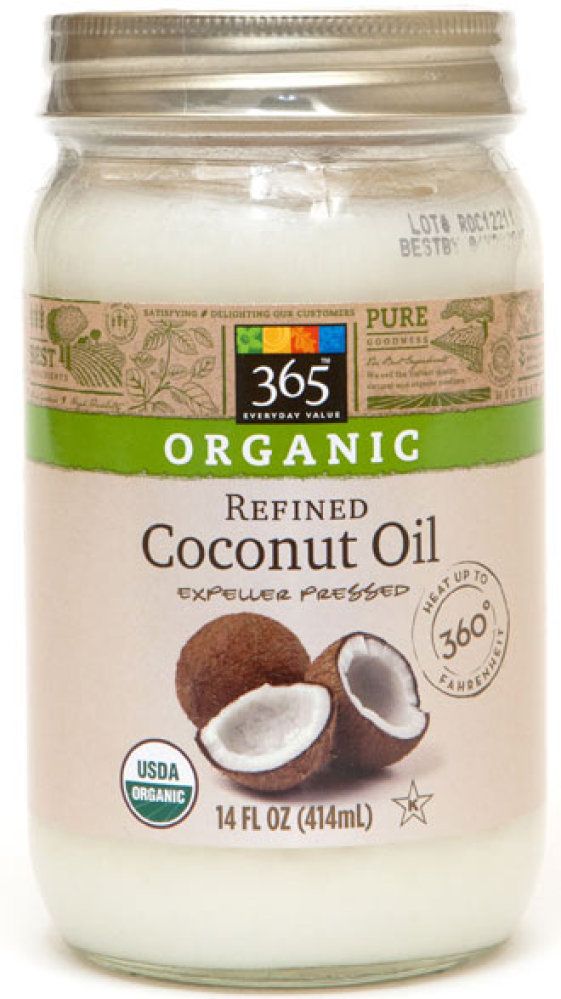
- Let mixture cool completely before spooning it into an ice cube tray and letting it freeze.
- Thaw individual pieces when you need a meal for your baby.
- Store the pieces in the freezer in an airtight, freezer-safe container or bag.
Apricot, pear, and coconut oil puree
Recipe found on Baby Foode.
Ingredients
6 apricots, fresh or frozen, pitted
2 pears, roughly chopped
1/2 cup liquid (water, breast milk, or stock)
1 teaspoon coconut oil
Directions
- Combine the apricots, pears, and liquid of your choice in a medium saucepan over medium heat. Cover the saucepan for 10 minutes, but stir the mixture occasionally.
- Let cool the mixture cool slightly before transferring it into a blender or food processor. Add the coconut oil and puree the mixture for one minute or until it’s completely smooth.
- Feed the puree to your baby as you would any other pureed or store-bought baby food.
- Store the puree in an air-tight container in the fridge for four days or in the freezer for four months.
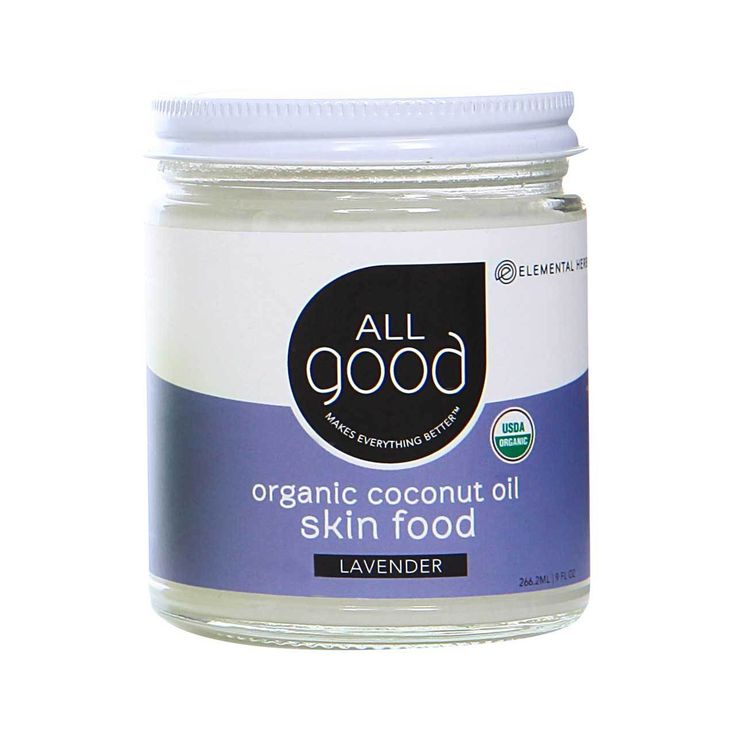
If you have Skinny Coconut Oil in your pantry or cupboards, it’s an ideal choice for these recipes. Another option is Pure Baby, a pure coconut oil product designed with both babies and moms in mind that can be used in a number of ways.
If you try any of these recipes or have any others you’d like to share, leave us a comment below!
Is Putting Coconut Oil in Your Baby Food Safe?
You want the best for your baby when you’re a parent. You have to make sure that everything your baby eats is essential for his or her growth. We let them try different baby food for their taste buds to explore. It’s a fun part of parenting when you see their reaction once they taste new baby food.
One of the health trends that everyone’s so fond of these days is coconut oil.
It’s known for the claimed health benefits that its users are experiencing. Coconut oil’s universal benefits make it one of the health-conscious people’s most sought ‘miracle food.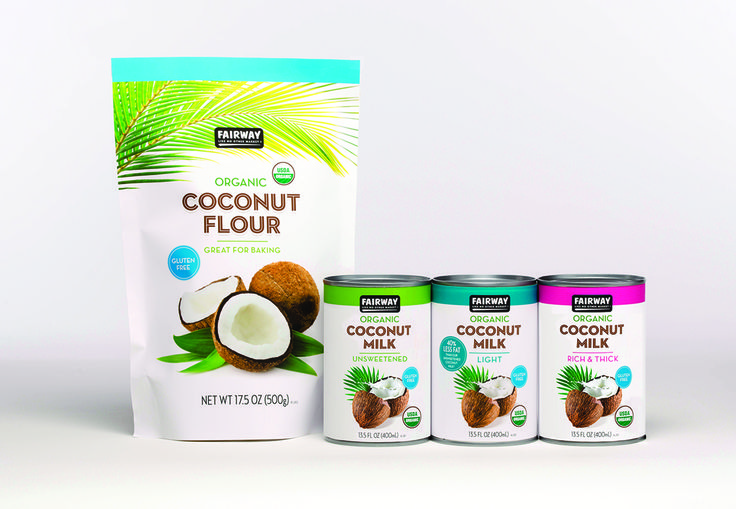 ’ How about adding coconut oil to your baby’s food?
’ How about adding coconut oil to your baby’s food?
Coconut oil has been spreading great news, mostly to adults, but is putting coconut oil in your baby food safe? The best answer is YES. IT’S SAFE. You can add a sufficient amount of coconut oil to your baby’s food to enjoy the health benefits of this natural and safe alternative.
Babies need healthy fat, and it should still be taken with a proper dosage. The fats in organic coconut oil are considered good fat. Healthy fats help babies with their cell repair, brain development, energy, and the growth of their bones and organs. Stay away from long-chain fatty acids as they love to stay in your baby’s body for a long time.
A child below two years of age should have a daily calorie intake of good fat of about 40-50% of their daily diet. An insufficient fat intake may result in growth problems.
Coconut oil and a mother’s breast milk are rich in lauric acid.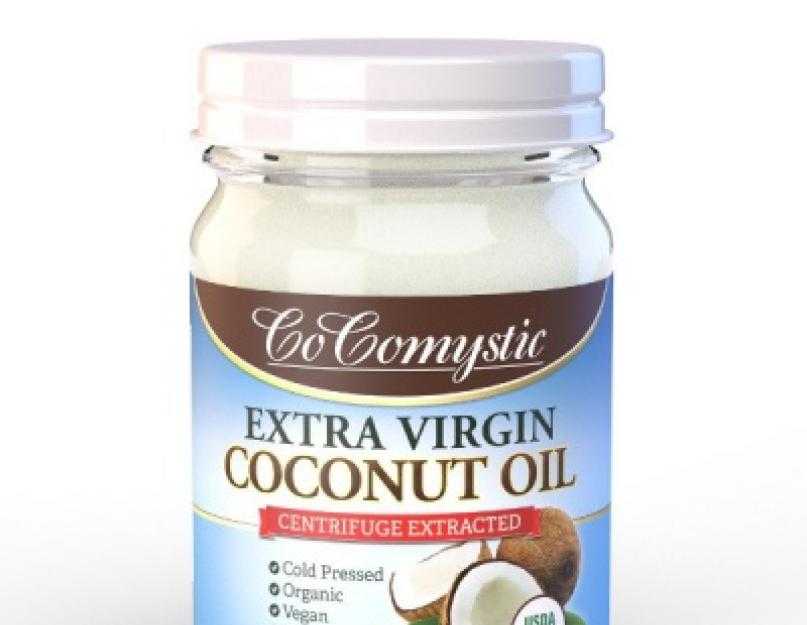 A medium chain fatty acid helps keep the body healthy and fight infection and inflammation. Also, the medium-chain fatty acids are directly converted to energy to fuel your baby’s energy.
A medium chain fatty acid helps keep the body healthy and fight infection and inflammation. Also, the medium-chain fatty acids are directly converted to energy to fuel your baby’s energy.
Find the Best Deal in Amazon
How to add coconut oil to your baby’s food?But before you add coconut oil to your baby’s food, it’s still safer to ask your doctor first to avoid future complications. When your baby reaches 6-8 months, you can add a teaspoon to a tablespoon of coconut oil (it depends on how much baby food you’re making) to your baby’s food. You can make an apple, plum, and pear puree with coconut oil! If your baby loves sweet potatoes, add coconut oil for more flavors. You can use coconut oil as a replacement for butter as a healthier option.
Here are ways to use Coconut Oils for your baby’s pamper time.
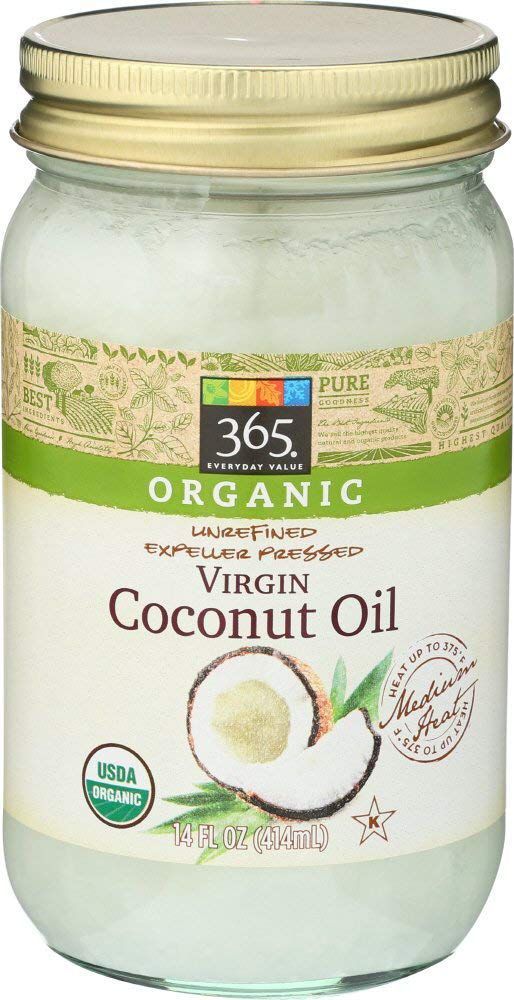 Moisturizing the Skin
Moisturizing the SkinCoconut Oil is known for its essential fatty acids and protein component that helps nourishes and gently moisturize the skin. According to research, using refined coconut oil as body lotion coconut oil externally has deeper advantages while still boosting hydration and reducing water loss in severely dry skin. Your baby’s skin is a bit more sensitive because it’s brand new, thinner, more susceptible to irritation, and has fewer moisturizing oils.
Help Treat Baby AcneCoconut oil’s antibacterial characteristics are thought to help battle acne-causing germs while hydrating the skin and minimizing acne scars. Simply add a small amount of coconut oil to a cotton ball and gently apply it to the afflicted area to cure baby acne.
Giving Infant A MassageOne of the most enjoyable ways to bond with your baby is through infant massage. This time-tested method soothes and relaxes newborns while assisting parents in better understanding their child’s needs.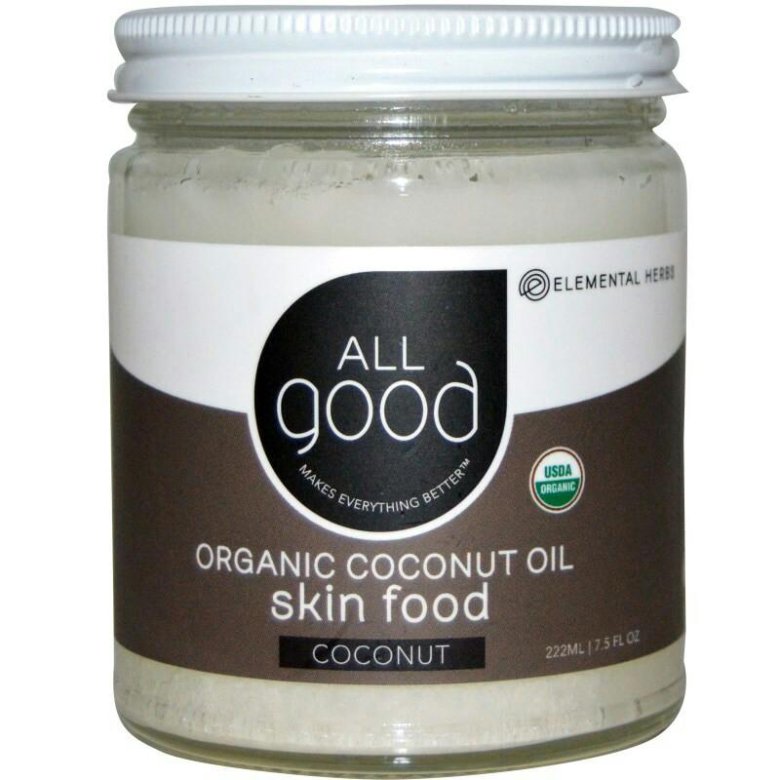 Infant massage provides various physical advantages for newborns, including relief from colic, improved sleep, and immune system stimulation. Adding moisture to the skin by massaging your infant with coconut oil is an easy approach to boost the benefits.
Infant massage provides various physical advantages for newborns, including relief from colic, improved sleep, and immune system stimulation. Adding moisture to the skin by massaging your infant with coconut oil is an easy approach to boost the benefits.
Pure Coconut oil has a high moisture retention capability, keeping hair hydrated and silky. Coconut oil can aid in the reduction of protein loss in both damaged and healthy hair. May use coconut oil to condition, style, cure dryness, control frizz, and prevent dandruff in your hair. Coconut oil can be used as a therapy underneath a baby’s hair to alleviate the symptoms of cradle cap, a common rash that forms crusty, greasy, or scaly spots on the scalp. Rinse after 20 minutes after applying coconut oil to your baby’s scalp. You may also massage coconut oil into the baby’s hair at night and wash it off the next morning.
BathingAdd a scoop of virgin coconut oil to your bath or your baby’s bath to make the most of bathtime. Coconut oil softens and soothes sensitive skin thanks to its hydrating characteristics. Coconut oil is abundant in saturated fats and medium chain fatty acids such as lauric acid.
Coconut oil softens and soothes sensitive skin thanks to its hydrating characteristics. Coconut oil is abundant in saturated fats and medium chain fatty acids such as lauric acid.
Teething occurs in the majority of newborns throughout their first year, usually around the age of six months. It can cause babies to be unhappy, lose sleep, and become irritable. Applying and adding coconut oil directly to their gums or on a teething toy will help reduce your baby’s discomfort by reducing inflammation. For parents, swirl roughly one spoonful of coconut oil around your mouth for 10 to 20 minutes before washing with water to help whiten your teeth. Before attempting any home cure, consult your child’s physician.
Benefits of Coconut Oil for Your Baby- You can use coconut oil to help moisturize your baby’s skin and prevent infections.
- You can also use coconut oil to remove your baby’s cradle cap.

- If your baby’s suffering from diaper rash, coconut oil helps provide protection and healing in the affected area.
- You might as well use coconut oil as a substitute for your usual baby toothpaste; that may be harsh to your baby because of its chemical content.
Medium chain fatty acids, also known as “good fats,” are the main component of coconut oil. These “fats” restore the skin’s barrier and maintain the skin’s softness and smoothness. Due to its special makeup can easily and deeply penetrate skin pores to draw in moisture even while feeling light on the skin.
Diaper Rash ReliefDue to diaper quality and urine absorption, most babies have diaper rash. Diaper rash is less likely to develop and spread thanks to coconut oil’s moisturizing and anti-fungal qualities. Candida Albicans, a fungus that causes infections, can also be effectively treated with coconut oil. Coconut oil works as a barrier between the infected skin and the dirty diaper to cure the frequent condition known as yeast diaper rash in infants.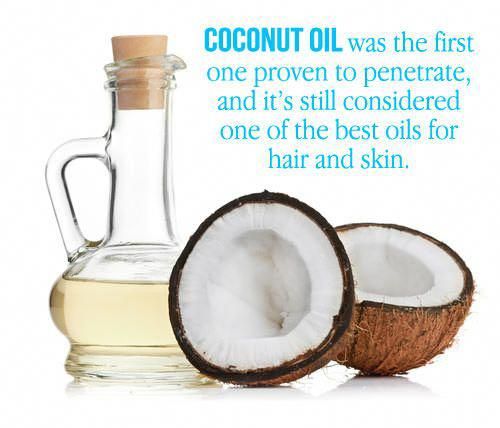
Infants who are fussing or fussy can be calmed down and, most importantly, put to sleep with a nice body massage. Given its anti-bacterial qualities and ease of absorption into the skin, coconut oil is a wonderful choice for massages. Use coconut oil that is of high quality.
Help Treat Oral ThrushUsing virgin, organic coconut oil on your breasts before nursing or inside your baby’s mouth will help prevent spreading the yeast infection back and forth between you and your baby. However, we always advise consulting your doctor if you think your baby has oral thrush.
You’ll need more than this to get things straightened out, though, since our baby coconut oil lacks some of the anti-fungal components your baby needs to treat their oral thrush. While you wait to visit your doctor or for any prescription medicine to start working, maybe you’ll both feel better in the interim.
NOTE: Please try a little portion of coconut oil first on your baby to check if they don’t have a coconut allergy.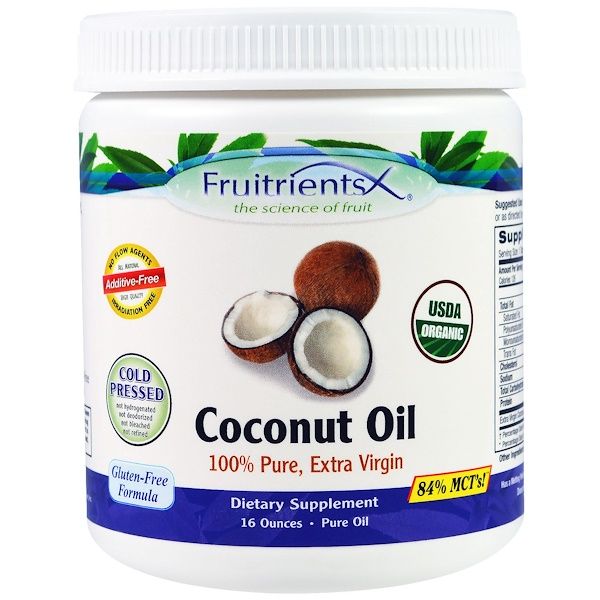
So it’s a yes; you can add coconut oil to your homemade baby food to add more flavor and use the benefits coconut oil can offer your baby. Coconut oil benefits for newborns are readily available and useful to all mothers. Always check on your Pediatrician regularly to ensure your baby’s development is right for their age!
Find the Best Deal in Amazon
Baby Care & Coconut Oil
Coconut oil has long been a popular superfood for its antibacterial, antifungal and antiviral properties. Therefore, it is not surprising that we are often asked if coconut oil can be used for baby care and included in a child's diet? Our answer: of course you can!
Today we will share our personal recipe for coconut oil infusion, a lifesaver for our two babies. And first, let's look at the types of coconut oil and recall the rules
- Before using coconut products for the first time, consult your pediatrician.
- Even if you don't have an allergy to coconut oil (which is rare), do a small skin test on the inside of your wrist.
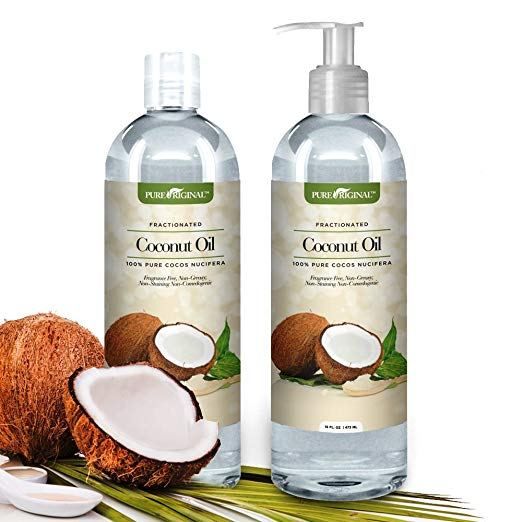
- Whether you are tasting coconut oil for the first time or offering it to a child, start with a teaspoon or even half. The product itself is not traditional for our region, therefore, like any new food, it may seem unusual. nine0008
- Always go for certified organic virgin coconut oil and preferably labeled “Virgin” – it is the purest. Other coconut oils may contain chemicals and may have gone through a process of refining and bleaching that stripped the oil of its beauty and beneficial natural healing properties.
Very concise guide to coconut oils
Pure coconut oil Pure coconut oil . nine0018 Dried coconut meat (copra) is crushed, squeezed and cleaned to obtain pure coconut oil. The color of the oil at temperatures below 25 degrees is white. The scent of coconut is intense. This type of coconut oil does not contain any additional ingredients.
Refined coconut oil Refined coconut oil . This oil is odorless and colorless.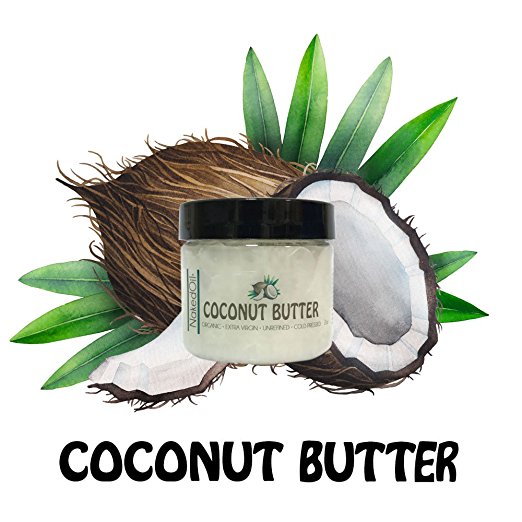 It is obtained after coconut oil undergoes thermal, chemical and mechanical processes - refining, bleaching and deodorization. nine0003
It is obtained after coconut oil undergoes thermal, chemical and mechanical processes - refining, bleaching and deodorization. nine0003
Natural coconut oil / Virgin coconut oil. This coconut oil is made from fresh coconuts. It fully retains its antioxidant properties, has a pleasant delicate smell and taste of coconut, as it was not heated during the extraction process.
Organic coconut oil / Organic coconut oil. When growing coconut palms, only organic fertilizers, manure, if in a simple way, were used for this type of oil. No chemicals are used during the oil pressing and refining process. nine0003
Organic virgin coconut oil . The method of fertilizing the coconut palms is the same as the previous type of oil, plus the high quality of the oil due to the fact that it was pressed from fresh coconuts.
For the last two types of oils, a certificate confirming the organic status of the product is required.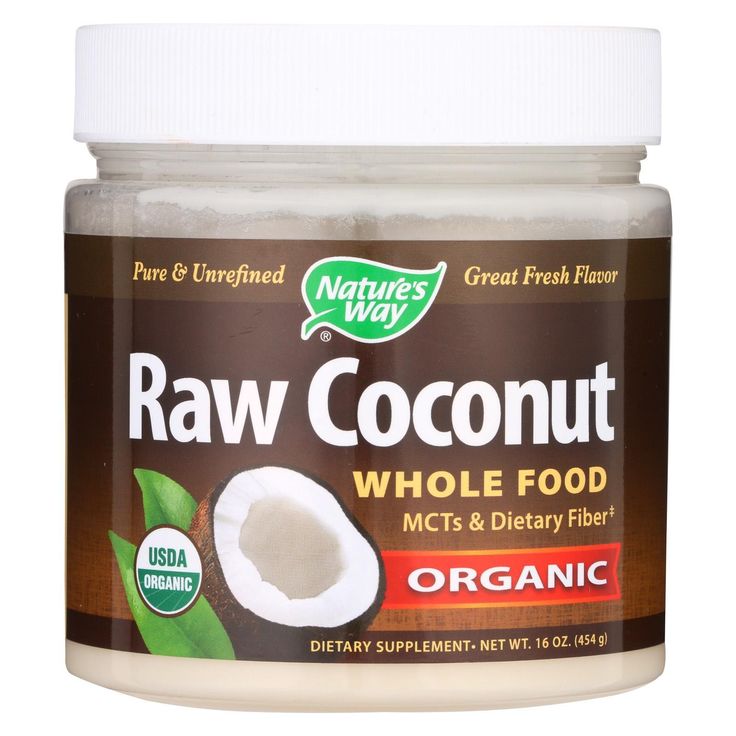
Natural Coconut is by far the most nourishing oil you can use to care for your baby. Most creams and lotions are designed for the upper layers of the skin, and the special molecular structure of coconut oil helps it penetrate into the deeper layers of the epidermis, allowing it to be quickly absorbed, while the effect of using the oil is more noticeable and lasts longer. nine0003
And now let's consider in which cases coconut oil will become your reliable friend and helper
1. Seborrheic crusts
Seborrheic crusts or dry scalp is a disease that many newborns are prone to in the first weeks after birth. The condition is characterized by flaky scalp and it looks like your little one has dandruff. This is most often seen in the part of the baby's head that touches the crib and stroller the most.
How it works
- Gently apply a little coconut oil on the baby's scalp, especially in areas of severe flaking.
- Leave the oil on for 10-20 minutes and then use a towel or comb with very soft bristles to remove the crusts.
- After you have removed the dry skin flakes, you can rinse the baby's head with warm water or wipe it with a damp towel.
The same method is great for regular nourishment and smoothing of baby hair. After all, the process of combing is still a hassle. But you can always pretend that you are just stroking the baby, before that, imperceptibly smearing your fingers with coconut oil. nine0003
2. Eczema
Eczema is a condition in which the skin becomes very dry and itchy. Eczema often occurs in children, as their skin is very sensitive and dries out quickly. Symptoms usually go away on their own as the child gets older, but eczema is uncomfortable and can lead to infection if the child scratches dry skin
How it works
Use the moisturizing properties of coconut oil as a massage, or simply lubricate the baby's skin with coconut oil before / after the bath or at least once before bedtime. nine0019 With regular massage with coconut oil, the symptoms of eczema gradually decrease and disappear.
3. Diaper rash due to diapers
Almost all children suffer from diaper rash at some point in their lives, even if you have taken every possible precaution. As the name suggests, this is a rash that appears in the groin area of a child. Most often, the rash is red and can spread if left untreated. It will probably be enough for you to change the brand of diapers or their size, and even if this is not the case, do not rush to buy antibiotics and hormonal drugs. Or at least alternate their use with coconut oil. It acts as a protective barrier and prevents further irritation while nourishing and healing injured skin. In addition, unlike traditional creams, coconut oil does not damage diapers. nine0003
How it works
- Apply a layer of coconut oil every day to the area of diaper rash after bathing and preferably after every diaper change.
- Be sure to massage with oil, paying special attention to skin folds where any rash is noticed.
Coconut oil's moisturizing properties help treat diaper rash, while its antibacterial properties prevent its spread and inflammation.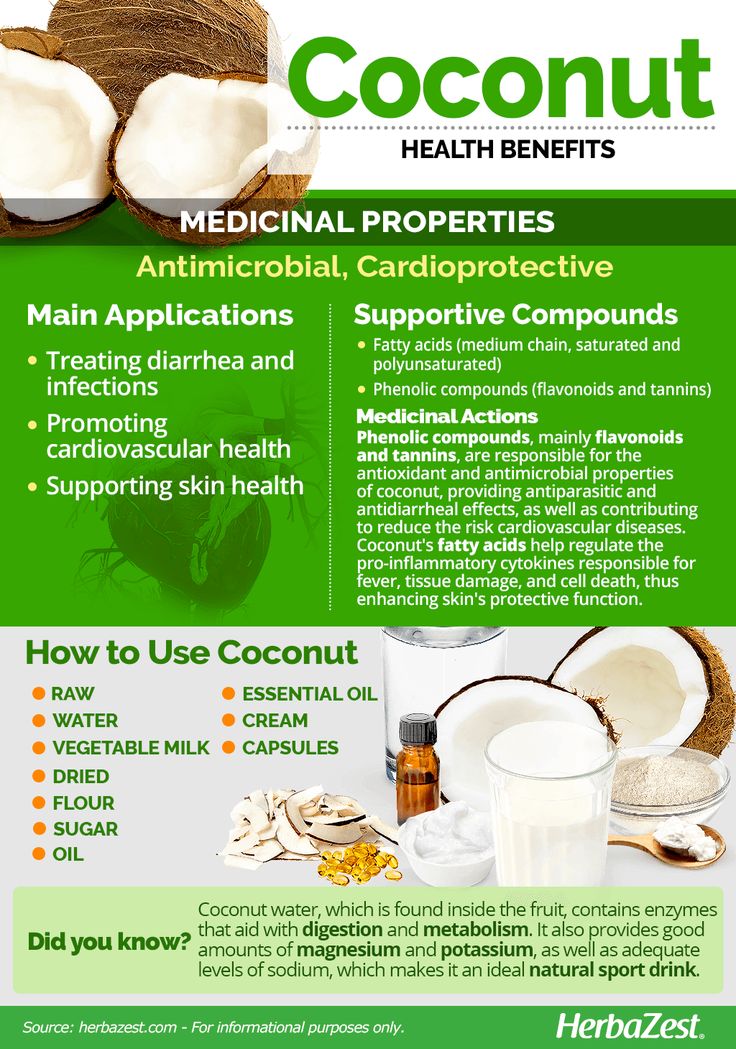
4. Dry and chapped lips
In hot, cold weather or central heating, your baby's skin is at risk of drying out faster than yours, which can be a serious problem for your baby and make breastfeeding difficult.
How to do it
- Using an available product or just a clean finger, lightly apply the oil to the child's lips and around the lips. Do not apply too much pressure as this can cause pain and more discomfort.
- You can also lubricate your nipples with coconut oil before or after feeding - double care - for your own health and for your baby. nine0008
5. Insect bites
Needless to say, insects prefer baby skin to the epidermis of any other family member. Coconut oil has natural antibacterial and anti-inflammatory properties. If you use it to lubricate insect bites, it will reduce the risk of infection and also reduce swelling from bites.
How it works
Just apply a drop of coconut oil on the wound and leave it until the next bath.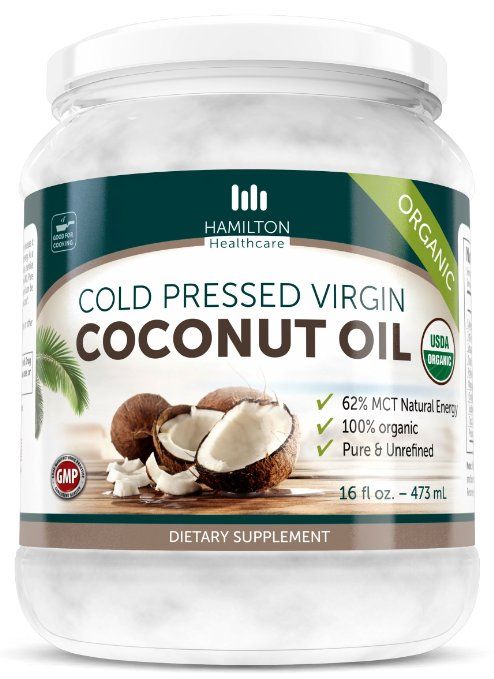 The oil will speed up the healing process and relieve itching. nine0003
The oil will speed up the healing process and relieve itching. nine0003
6. Home Baby Bath
It's always hard to find the right baby bath that will cleanse your baby's skin without drying it out. Most of these products contain certain chemicals that have a harmful effect on the skin. You may not be aware of any particular ingredient that causes an allergic reaction in a child.
How it works
- Take equal amounts of coconut oil and castor oil and mix well
- Apply the mixture all over baby's body while bathing
- Massage lightly to remove dirt and rinse with plain water.
7. We are treated for lice
Most often, children get lice from each other. Or from you. You can comb out the lice and larvae with a fine comb, but such a comb will definitely damage the baby's scalp. If you are delayed with the treatment of pediculosis, then there is a possibility of lice getting into the ears and eyes of the child. Little pleasant.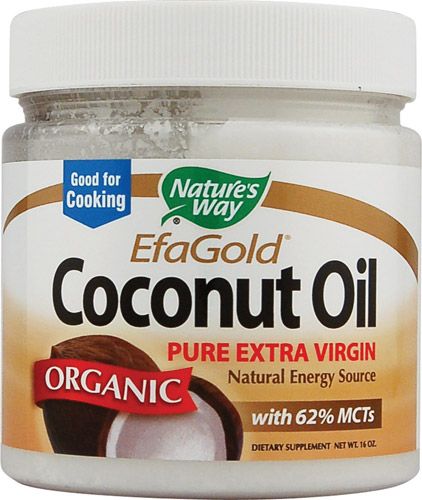
What we do
- Use an apple cider vinegar solution to rinse your child's hair.
- Let hair dry, then apply coconut oil to baby's hair and scalp.
- If possible, cover your child's head with a shower cap for at least 20 minutes. If this is not possible and your child (of course!) takes off the shower cap, try to keep the coconut oil in the hair for as long as possible. Then wash it off with plain water and a mild shampoo.
8. The baby is a magic magnet and a casket of all kinds of colds and viruses
Your little one is likely to go through many colds and repeated nasal congestion, which is typical for most children. However, any cold can make it difficult for a child to breathe and affect how they eat and sleep. In addition, if left untreated, ARI can develop into inflammation. Instead of using pharmacy rubbing ointments, or if you suddenly did not have them at hand, use cocoa butter or coconut oil melted in a steam bath.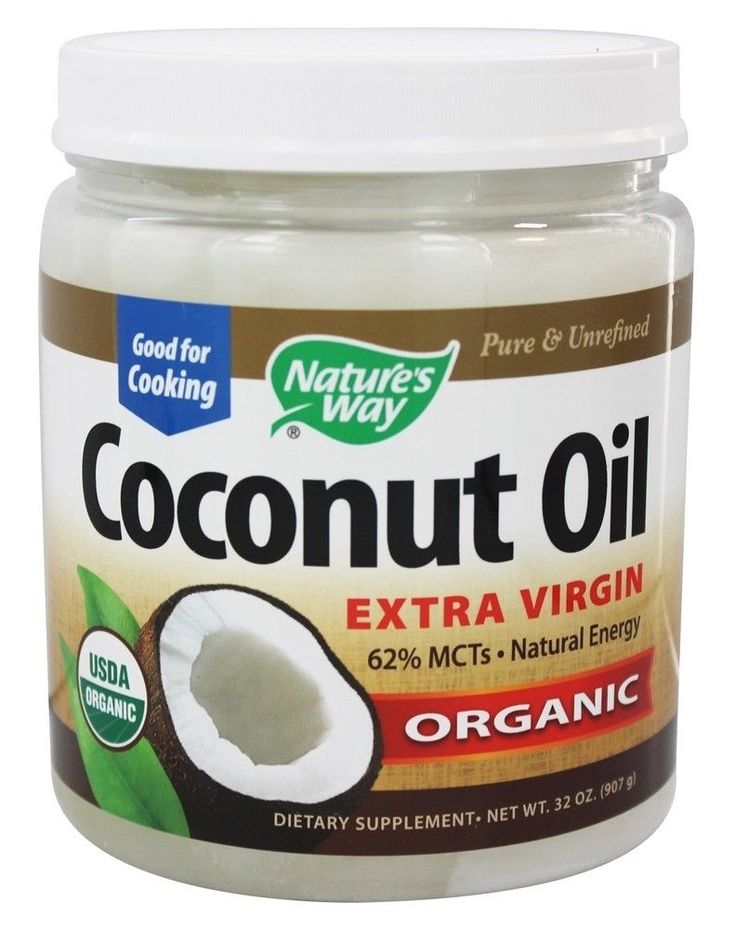 nine0003
nine0003
How to proceed
- Take a few drops of any essential oil (such as peppermint, rosemary, lavender or eucalyptus) and mix it with a couple of tablespoons of coconut oil
- Heat the mixture by rubbing it vigorously in the palms of your hands
- Rub the oils on the baby's chest as a natural safe alternative to chemical based ointments.
Coconut oil is also a natural antiviral and antibacterial agent. Apply oil to and around your child's nose if they get sick. nine0003
9. Treatment of thrush (candida)
Thrush or candida is a common infection that often occurs in children; manifests itself in the form of a rash and itching. Symptoms may appear in the baby's mouth, in the diaper area, or around the mouth, for example. Most often, candida looks like milky spots on the tongue, and it mostly affects babies within two months of birth.
How to use coconut oil for thrush in a baby
- If your baby suffers from thrush while breastfeeding, you can drink a teaspoon or a tablespoon of coconut oil daily to ensure your baby gets the extra benefit of your breast milk.
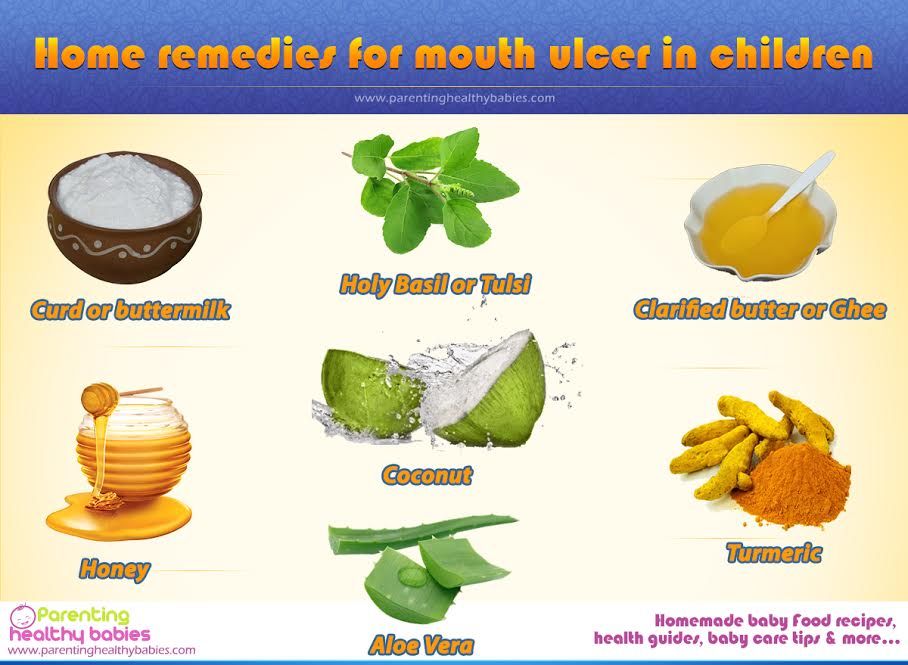 nine0008
nine0008 - Apply some coconut oil on and around the nipples just before breastfeeding. This will put the oil directly into the baby's mouth and help relieve the symptoms of thrush.
10. Baby Toothpaste and Oral Care
When your baby is a few months old, you start massaging his gums to relieve the pain of teething. As soon as the baby gets the first tooth, it becomes a question of using a toothpaste that is safe and healthy for the baby and helps with teething syndrome
How you can help
- Gently apply coconut oil to your child's gums using your fingers or by lubricating chew toys.
- Gently massage your gums with coconut oil at least twice a day, morning and evening. If the child allows it, of course.
- Coconut oil also helps relieve pain from teething and reduces the chance of infection
11. Coconut oil as a body lotion
Coconut oil is an ideal natural moisturizer. It helps fight baby's dry skin thanks to the vitamins and healthy fats present in the oil.
Simply rub a little coconut oil in your palms and apply it to your baby's skin 10-15 minutes before or immediately after bathing.
12. Coconut oil for baby massage
Most parents are aware of the benefits and necessity of baby massage. Everything is simple: use pure coconut oil for massage or equal parts of coconut and olive oil heated in a water bath with the addition of a couple of drops of essential oils (chamomile or lavender, for example)
13. Coconut Oil for Meconium Removal
Coconut oil works wonders when it comes to removing meconium, the tar-like substance that comes out of a baby's intestines. This is the first bowel movement of a child, it is difficult to wipe it off the skin, and therefore coconut oil will definitely come in handy.
14. Coconut oil and baby nutrition
- Breastfeeding mothers can use coconut oil in cooking or consume a small amount of coconut oil twice a day as an energizer and dietary supplement, healing their own body, and passing on the beneficial properties of the oil to the child with breast milk.
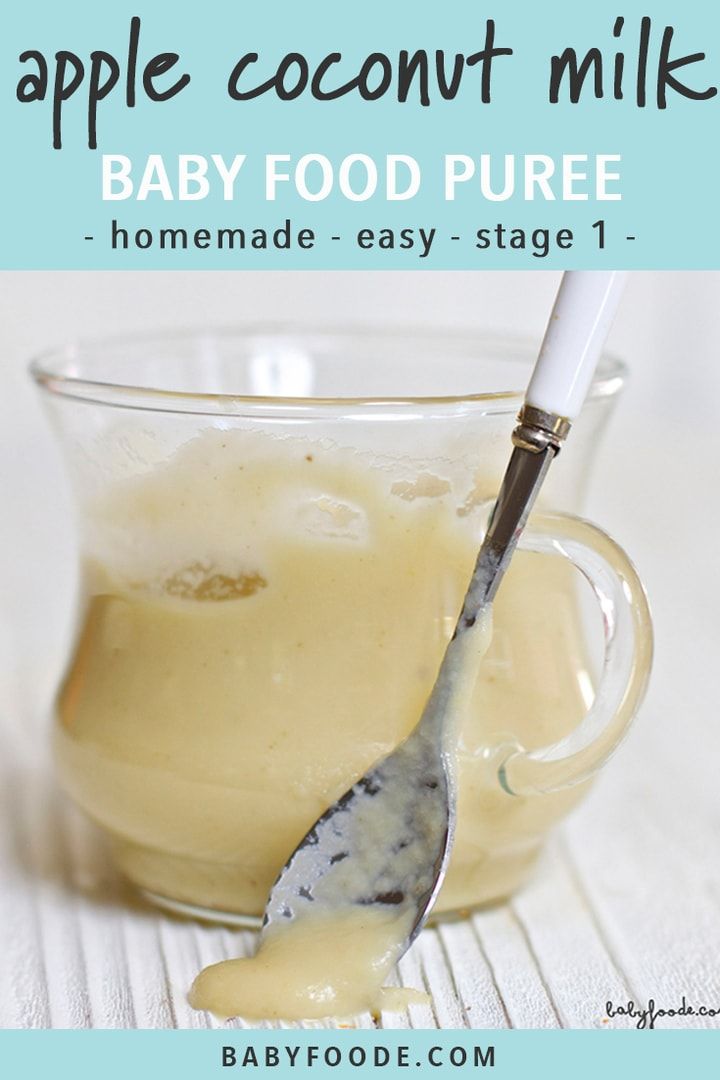 nine0008
nine0008 - Adding butter to homemade baby food is just as beneficial. Hypoallergenic coconut oil contains lauric acid, which greatly facilitates the process of digestion, thereby relieving the baby from constipation.
- Coconut oil will also help babies absorb the vitamins and nutrients from vegetables and fruits from the start of complementary foods: pumpkins, leafy greens, carrots, apples, and more.
15. Yeast infection in children
Yeast infection is considered the most severe form of diaper rash in children. The infection affects the skin around the thighs, neck, groin area and armpits, as moisture has the ability to accumulate in closed parts of the body. It usually manifests itself as red rashes with patches of white spots that cause itching and pain. nine0019 The antifungal and antibacterial properties of coconut oil prevent skin infections by weakening pathogenic bacteria.
How we can help
This method is well suited for the diaper change process.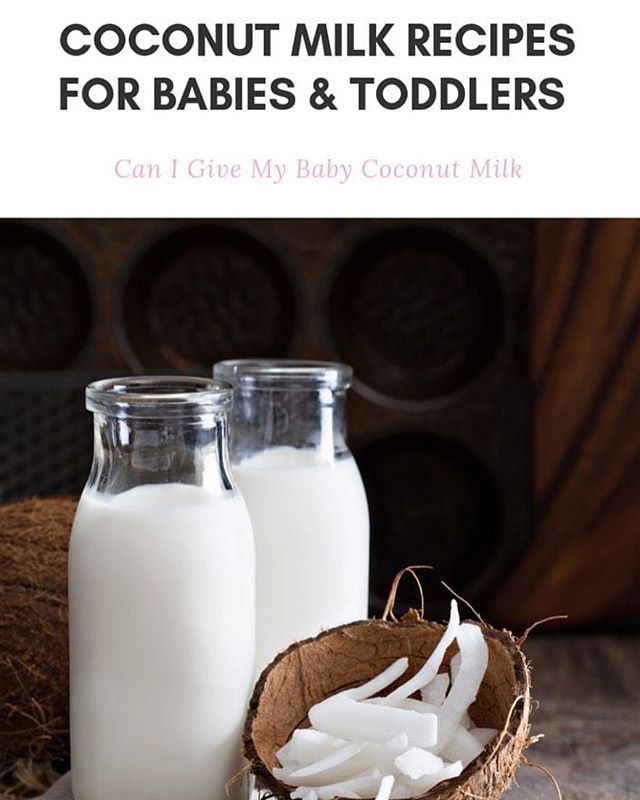
- Pour warm boiled water or herbal infusion into a bowl
- Soak a soft cloth in water, then remove excess moisture (unscrew the towel, in other words, but not dry, of course) skin
- Allow the skin to dry for a couple of minutes or blot the baby with a dry towel
- With clean hands, apply a small amount of coconut oil to the area of the rash and allow the oil to absorb a little
- Use a new diaper
Repeat the process before each diaper change until the yeast infection is gone will be completely healed.
Eating coconut oil for your child will also help fight a yeast infection. If the baby is not ready to eat it, include oil in your daily diet while breastfeeding. nine0003
And now the promised recipe for a universal baby care product for all occasions!!
- 200 g coconut oil
- a handful of dried chamomile (flowers)
- Melt the butter in a water bath and add chamomile to it.
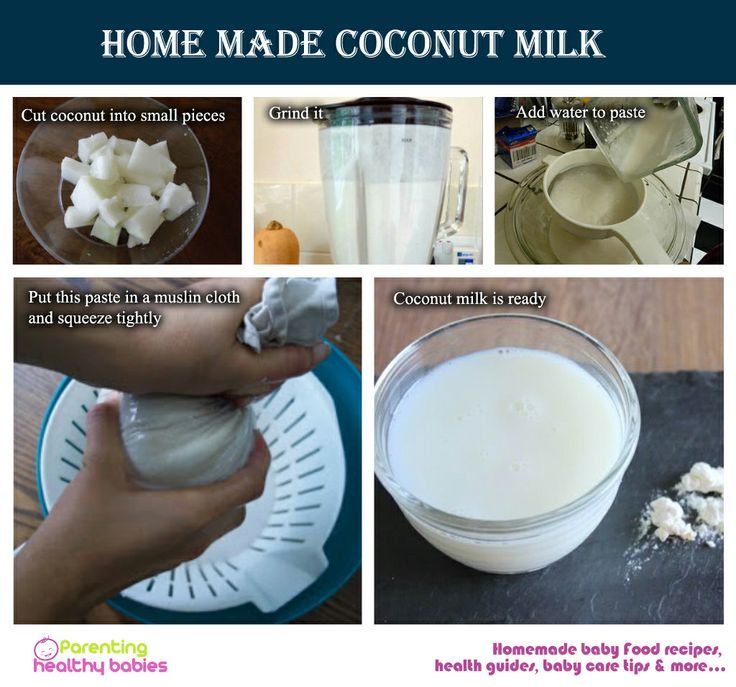
- Keep the mixture in a water bath for 20 minutes, stirring constantly with a wooden spoon or spatula.
- Remove the mixture from the heat, pour into a glass or ceramic dish with a lid and leave in a warm place for 10 days. nine0022
- After the chamomile releases its medicinal properties to the oil, heat the mixture again and strain. Use as a universal baby care product.
Stay healthy with MASALE!
Fulfill one condition and get a 20% discount!
November 7, 2022 No comments
Namaste and peaceful sky! Despite the difficulties faced by the MASALE family, like every Ukrainian, we do not lose faith and are
Increasing prices for coconut products
July 30, 2022 No comments
Unfortunately, this moment has come, and for the sake of the existence of MASALE, we are forced to raise the cost of coconut products 😓 Now we are selling a batch of goods from
Bezkoshtovna coconut oil for sweets
July 26, 2022 No comments
It so happened that part of the torso coconut oil MASALE became unsuitable for living in a hedgehog.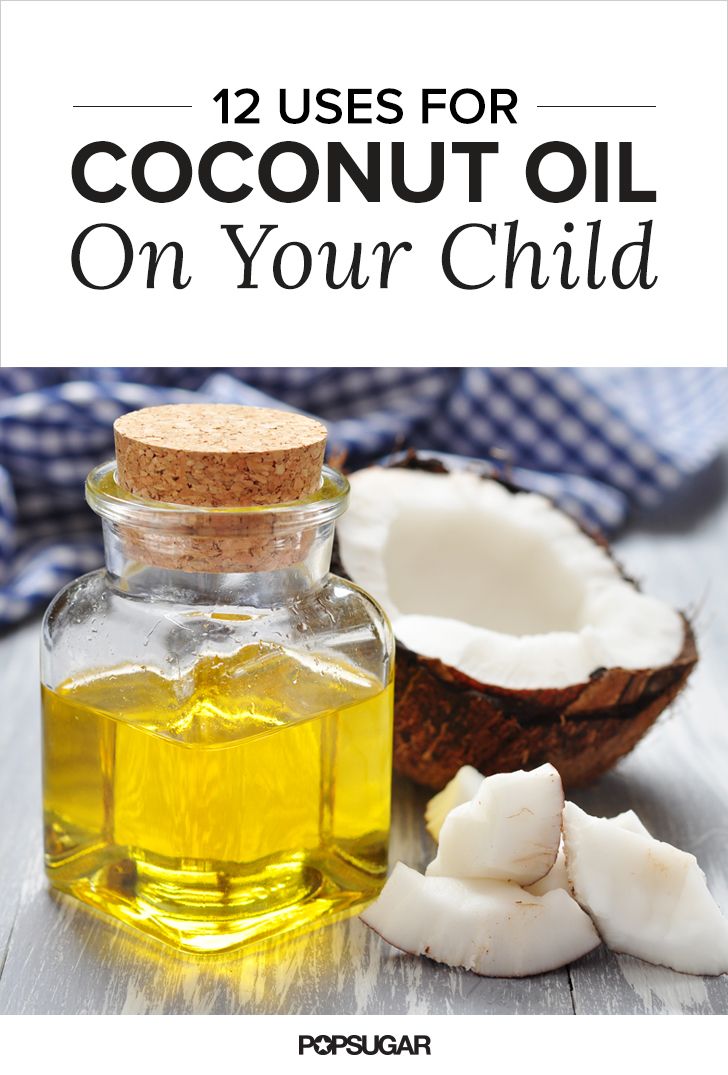 Possibly among the reasons and those that our warehouse
Possibly among the reasons and those that our warehouse
Coconut Oil: Total Benefits for Baby (Part 1)
home News Coconut Oil: Benefits for Baby (Part 1)
Expecting a child is the most wonderful period, but when the baby appears, the parents strive to give him the very best. It is for this reason that coconut oil is indispensable for baby skin care, maintaining the moisture balance provided by nature.
Massage
When a baby is born, he feels unprotected, and tactile contact is important for him - massage. And coconut oil is perfect for that. You will not only show the baby how much you love him, protect him, but also help maintain the natural moisture of the skin, strengthen the immune system. It is especially useful when massage with coconut oil before going to bed - as a daily ritual for calming. Make sure that your hands are warm, and make movements as gently and carefully as possible. nine0003
At first, you can massage no more than 2 times a week to let the sebaceous glands work independently. And as you grow older, it is allowed to massage with coconut oil more often.
And as you grow older, it is allowed to massage with coconut oil more often.
For bathing
Bathing your baby is just as necessary as caressing. This not only cleanses the body, but also relaxes the muscles and has a positive effect on the emotional and physical state. Drop a couple of drops of coconut oil to create a light fragrance, leave the skin soft, help eliminate disease-causing microbes, and prevent moisture loss. nine0003
From seborrheic crusts
Baby's crusts are a fairly common problem that is associated with an imbalance in the body. They appear in the first days or weeks after birth, and they cannot be picked out. For gentle softening, simply apply a little warm coconut oil to your scalp for 20 minutes or overnight, then wash your hair afterwards. Under the influence of oil, the crusts will soften and they can be removed with a comb.
Blistering
Flatulence is also a frequent occurrence, it brings suffering to the child and parents.

